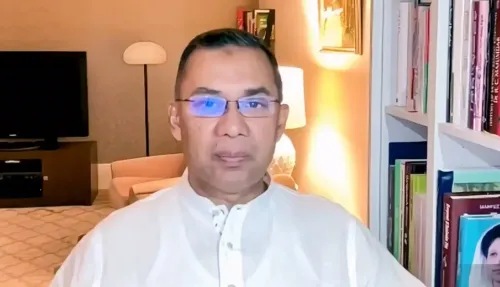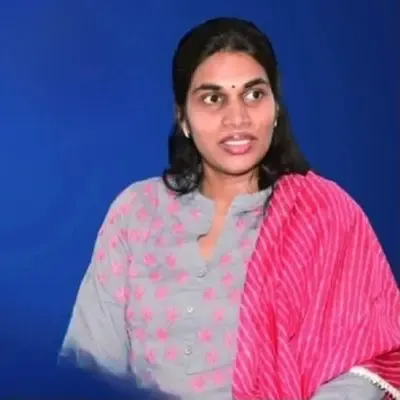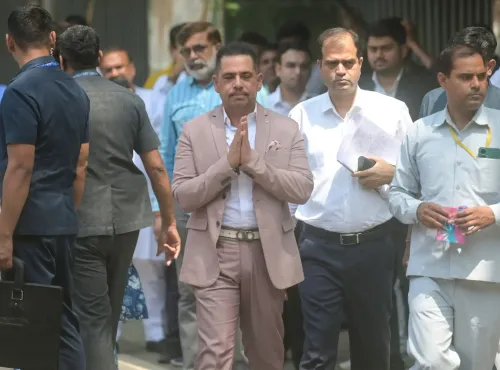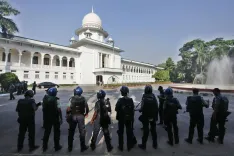Has the Modi government renewed hope for underprivileged Muslims?

Synopsis
Key Takeaways
- Shadab Shams expresses optimism about the Modi government's impact on poor Muslims.
- The Supreme Court is set to make a crucial ruling on the Waqf (Amendment) Act, 2025.
- Criticism of the Waqf system for benefiting only the affluent.
- Future reforms may transform the landscape for underprivileged Muslims.
- The public will ultimately judge the government's actions.
New Delhi, Sep 15 (NationPress) The President of the Uttarakhand Waqf Board, Shadab Shams, conveyed optimism on Monday, asserting that the administration led by Prime Minister Narendra Modi has revitalized the aspirations of impoverished Muslims to attain their rightful standing, as the Supreme Court is poised to announce its verdict on petitions contesting the Waqf (Amendment) Act, 2025.
A Bench presided by Chief Justice of India B.R. Gavai is anticipated to determine whether to suspend the Waqf (Amendment) Act, 2025—a piece of legislation facing significant backlash from petitioners, yet staunchly defended by the Centre as a measure aimed at preventing the misuse of Waqf assets and enhancing transparency in their administration.
In a statement to IANS, Shams remarked, "Today, the Supreme Court is expected to render its judgment concerning the Waqf Amendment Act. This includes issues like Waqf by user, the inclusion of non-Muslims in the Waqf Board, and property notifications. We anticipate that the Supreme Court's decision will be historic, and we will embrace it. PM Modi and the Government of India have reignited our hopes for the rights of impoverished Muslims."
He stressed that for many years, merely a "few affluent" Muslims have profited from the Waqf framework, leaving the underprivileged underserved, and expressed gratitude to the Modi government for initiatives aimed at "enhancing" the circumstances of marginalized Muslims.
Criticizing opponents of the Act, Shams stated, "What have you accomplished in 75 years? The evidence is before everyone. Now, whatever actions the Modi government undertakes will be transparent. Those who perform good deeds will receive commendation, while those who act poorly will face criticism. We will appeal to the public. The citizens will determine if we have acted with integrity or not."
He also commented on the exploitation of the Waqf system, asserting, "Waqf had a noble concept, yet it was plundered; it became a leisure destination for a select few, seized by certain parties, and encroached upon by some political figures, benefiting only the wealthy."
Shams maintained that the dissenters of the Act would persist regardless of the ruling, but asserted that the future would be transformative for the Muslim community.
"The verdict will favor the nation and reflect the motives of those opposing it," he added.
"Muslims across the nation are recognizing that previous protests were deemed unnecessary by the court, which accepted only three grievances and dismissed all others. This indicates how justified their current protests truly are on these three matters, and that will be determined today," concluded Shams.










